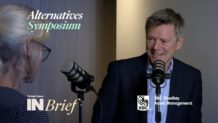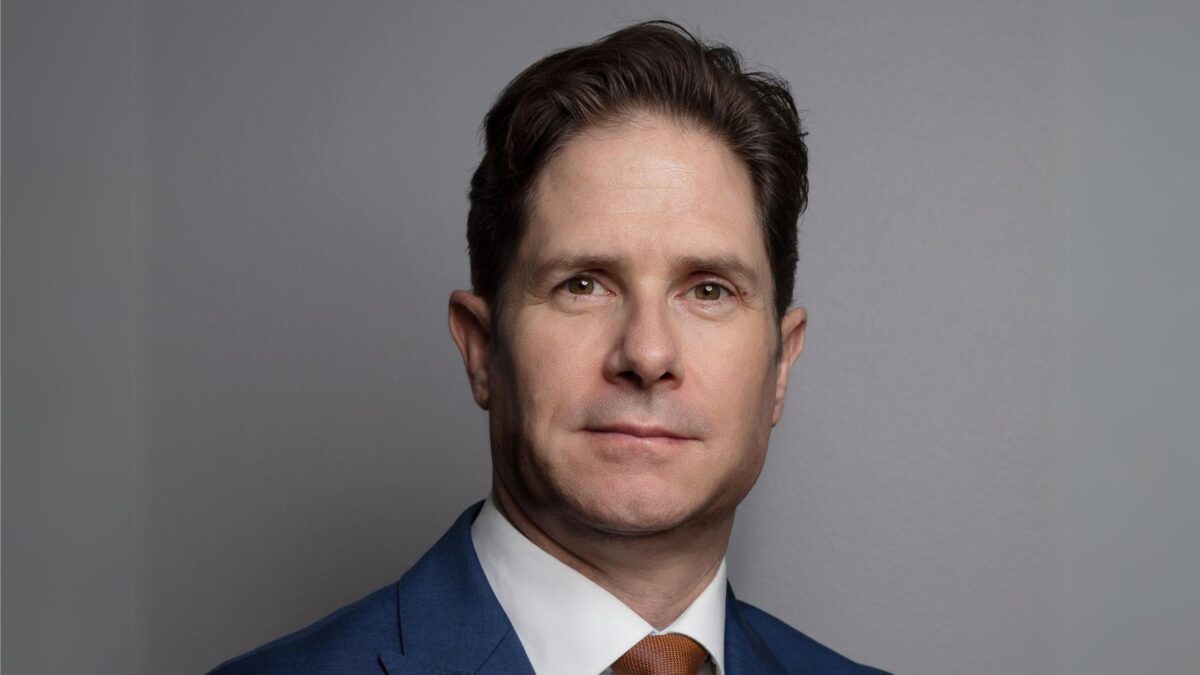Smart money caught out on Russia exposure
Industry-leading finance data and research consultancy bfinance this week released the results of its “snap” What are investors thinking now? study and survey. Completed amid the geopolitical and market upheaval in March 2022, the survey of 418 institutional investors across 39 countries offers a real-time insight into what they were concerned about.
First and foremost was their exposure to Russia, which, in some cases, was much higher and difficult to extricate oneself from than anticipated. The report showed that just under half of respondents had direct exposures in Russia heading into January 2022, and that some 35 per cent of those groups were still in the process of exiting their positions.
There are clear challenges to reducing exposure to Russia today, given that foreign investors have been banned from trading on most exchanges, so many holdings have likely been written down to zero, or written-off completely. Only time will tell if the direct holdings will be marked back up at the end of the conflict. Interestingly, a lucky few, or around 10 per cent, were able to exit completely despite the challenges.
One of the most powerful implications of these events was the recommitment to ESG, with about 39 per cent of respondents expecting to reassess their entire ESG approach due to “recent geopolitical developments.” This is something that has been highlighted broadly in the media, with many of Russia’s largest companies actually screening quite positively on broadly accepted ESG measures.
For those seeking to understand where the “smart money” is moving next, bfinance senior director Frithjof van Zyp confirmed that infrastructure and private debt were both flagged by institutional investors as asset classes “where they expect to increase allocations as a percentage of portfolio assets during the next 12 months.
“This is perhaps not too surprising given the defensive nature and natural inflation hedge characteristics that are available with these asset classes” he explained. Outside of these sectors, institutional-grade real estate remains popular, with 39 per cent expected to increase their holdings, while commodities and inflation-linked bonds saw the largest reduction in expected flows.











